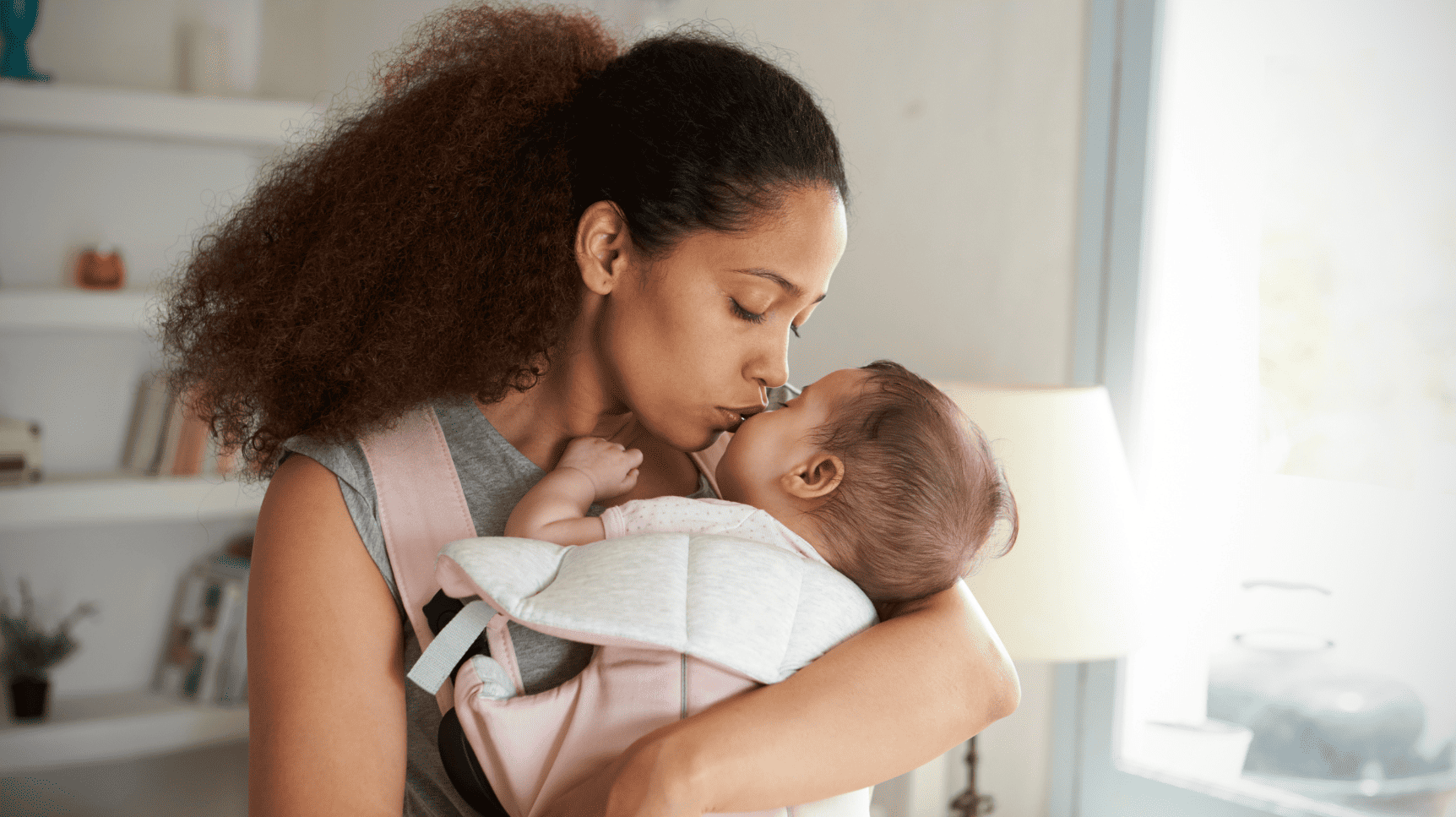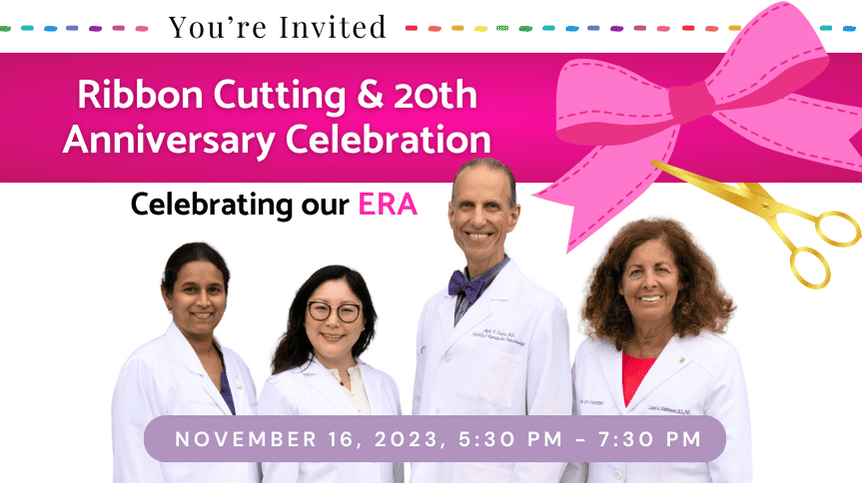
- What is a miscarriage?
- How common is miscarriage?
- What causes a miscarriage?
- How can I talk to someone that’s gone through a miscarriage?
A miscarriage is considered one of the top stressors a woman or couple can experience, particularly the further along in pregnancy the loss occurs. Understanding the experience of the woman or couple going through this heartbreaking difficult time in their life will help you provide support and caring.
What is a Miscarriage?
While the term “miscarriage” defines any pregnancy loss prior to 20 weeks of pregnancy, it usually represents a spontaneous pregnancy loss in the first trimester. This article will refer to miscarriage as an intrauterine pregnancy (IUP) loss prior to 12 weeks gestation. Of note, an ectopic pregnancy, although a pregnancy loss, is not considered a miscarriage.
There are two categories of miscarriage:
- Clinical is one which had been confirmed by ultrasound to be intrauterine
- Preclinical (or biochemical) is a pregnancy diagnosed solely by a urine and/or blood hormone test for hCG (human chorionic gonadotropin) that is initially positive but falls to undetectable levels prior to being recognized as an IUP
A complete miscarriage occurrs when the embryo or fetus stops developing and the woman’s body expels the uterine lining along with the pregnancy.
The signs of an early miscarriage can include cramping, vaginal bleeding and the loss of the pregnancy itself. Symptoms and severity will vary.
Early miscarriage is much different from the second trimester miscarriage as in the latter, the fetus is further along in its development. Any pregnancy loss after 20-weeks is considered a stillbirth.
How Common is Miscarriage?
In general, the incidence of first-trimester miscarriage in women under age 30 is 10%. As the woman ages, this number grows to 33% at age 40 and increases to 53% among women age 45 years and over. Both the woman and man’s age are contributing factors for a miscarriage. Men above age 40-45 have higher rates of infertility and miscarriage.
A small percentage of women experience the frustration and pain of recurrent miscarriage, defined as two or more first trimester clinical pregnancy losses. The data shows that two losses occur in approximately 5% of women whereas 1% endure three or more losses.
As women age, they are more likely to have health conditions that can cause pregnancy complications, such as diabetes or high blood pressure. Generally, Parents magazine calls the early 20s the “magic window” physically for getting pregnant.
What Causes a Miscarriage?
Many women worry they have done something to cause the loss of their pregnancy. Fortunately, exercising, having sex, working, or even using birth control pills before getting pregnant have not been shown to cause miscarriage.
The most common reason for a miscarriage is a chromosomal abnormality of the embryo, such as Down syndrome, which occurs in approximately two-thirds of cases.
However, in women with RPL, there are five generally accepted causes (including unexplained, which is determined in 50% of women with RPL):
- Genetic involves a benign chromosomal rearrangement, called a translocation, in the man or the woman that can cause an embryo to develop with excess or deficient genetic material resulting in miscarriage.
- Anatomical abnormalities can be the result of congenital malformation of the uterus such as a septum, or of acquired as in uterine fibroids, endometrial polyps, or scarring inside the uterine cavity
- Hormonal disturbances include uncontrolled diabetes mellitus or thyroid dysfunction, as well as elevations in the pituitary hormone, prolactin
- Antiphospholipid syndrome (APS), which are thrombophilias, that can increase clotting in the pregnancy diminishing blood flow
However, in 50% of patients with RPL, there is no apparent cause. Fortunately, over a 10 year period, success rates for a live birth range from 60-80%, with the higher range in women with less prior pregnancy losses.
How Can I Talk to Someone That’s Gone Through a Miscarriage?
 No matter the cause or the timeframe of the pregnancy loss, the woman and her chosen partner may feel grief, frustration, and a sense of sadness. Knowing what to say during this time can be challenging.
No matter the cause or the timeframe of the pregnancy loss, the woman and her chosen partner may feel grief, frustration, and a sense of sadness. Knowing what to say during this time can be challenging.
Women and couples who have trouble trying to conceive have their faces pressed up against the windows of families. Mark P. Trolice, M.D., board certified Ob/GYN and Director of The IVF Center says:
“In my 20 years, I have never grown indifferent to the devastation of infertility, especially miscarriage. It is immensely important to support a woman who has recently endured a pregnancy loss. Flippant comments such as “at least you can try again” or “you can have one of my children” demonstrate a lack of understanding and ignores the life lost. Women should allow themselves to endure a period of grieving and reach out to professional counseling as needed. Personally, I suffered through 10 years
of infertility until we adopted our five angels.”
Given the significance of a pregnancy loss, a period of grieving is essential to allow a healthy emotional resolution. The woman may self-blame and/or label herself as abnormal. These actions require the loving attention of and assurance by her partner. During this time, the couple should maintain active communication to share their feelings over the loss as well as their progress of recovery.
In time, in a process that is entirely individualized, the woman or couple gradually resume their pre-pregnancy lifestyle, including sexual relations.
While there is no definitive evidence that stress causes miscarriages, we know miscarriages certainly cause stress and impair quality of life. Stress can originate from feelings of not realizing the future that was planned.
As a caregiver or supportive loved one, you can:
- Be supportive and cry with her
- Choose your words carefully and don’t offer unsubstantiated advice
- Don’t say, “You’re young and can try again”
- Be quiet and listen
- Send flowers or a gift if you believe that is appropriate
- Help them find the support they need
According to The American College of Obstetricians and Gynecologists, pregnancy loss in the first trimester is usually a random event. There is no impact on future reproductive potential based on a prior miscarriage, unless the pregnancy loss resulted in a complication that reduced fertility.
The overall prognosis is still favorable after a miscarriage, with an approximate 60% live birth rate within five years even in women with five prior losses. The woman’s support system should be solid and she should seek out a compassionate physician who is well educated on the topic to provide evidence-based testing and treatment in order for her to avoid the risk of exploitation due to her desperation. Equally important, she can meet with a reproductive health psychologist to gain coping strategies and stress reduction.
If you are struggling with infertility or pregnancy, you have a resource standing by. Contact The IVF Center today for a confidential appointment. We are here to help.






